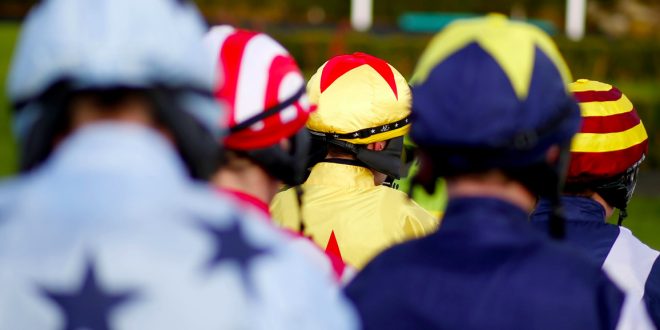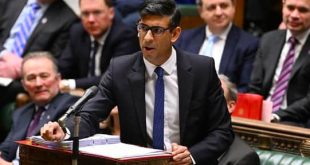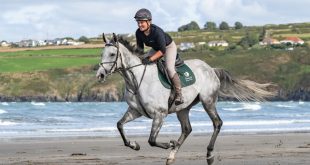A rift has emerged in UK racing over the solutions available for jockeys to make weight allowances, as the British Horseracing Authority (BHA) publishes its response to the use of saunas.
In 2021, the BHA decided to close saunas at racetracks due to the COVID-19 pandemic – a decision the Authority states was made based on expert medical advice and with the support of the Professional Jockey Association (PJA).
On Tuesday, the PJA called for saunas to be reopened as on-course rider facilities, citing concerns over alternative weight-loss methods used by jockeys on race days.
Regarding the issue of weight allowance, the BHA provided an additional 3lb for jockeys during the COVID-19 pandemic to compensate for the closure of saunas.
However, the PJA argued that the lack of facilities has “created physical and mental wellbeing issues for jockeys that far outweigh any perceived risk of dehydration from sauna use”.
The BHA responded: “In calling for the reinstatement of saunas, the PJA has not only reversed its public position but also undermined a vast body of work undertaken in a spirit of gnuine goodwill.
“It is simply false to present the return of saunas as a quick and easy fix for jockeys’ weight management, not least because that ignores the significant practical and economic challenges posed by such a demand.”
Significantly, the PJA is accused of ignoring medical advice which warned of the risks of acute dehydration from saunas before competitive fixtures.
The BHA maintains that its expert advice “was significantly more extensive than the one study mentioned in the PJA statement” – in which parties agreed to raise weight allowances by 2lbs, and the ‘safety allowance’ increased by 1lb to 4lbs.
As the governing body for UK racing, the BHA emphasised its commitment to the safety and well-being of all participants. Extensive efforts are ongoing to find a sustainable weight management solution for riders.
The BHA’s statement concluded: “We remain committed to working with the PJA and others to discuss any reasonable compromises. With goodwill on all sides, we are optimistic we can agree on practical short and longer-term measures that serve the best interests of jockeys’ physical and mental wellbeing.”









